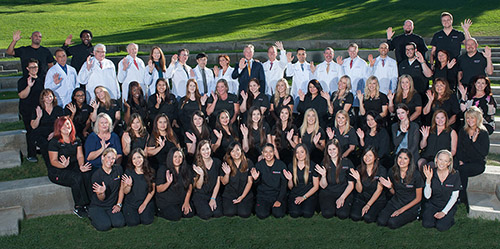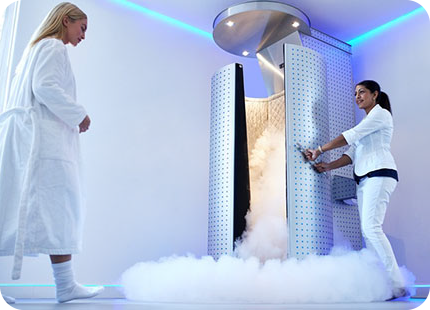

Will an ice bath have the same results on the body? Ice baths only reach the top skin layers, and are not cold enough to penetrate deep into muscles, ligaments, or tendons. Ice baths take anywhere from 10-15 minutes in uncomfortable conditions whereas Cryo-chamber sessions last only 2-3 minutes.
Although there are no age limitations, it’s recommended clients be at least 13 years of age or older with a parental consent. If you’re taking any medications, it’s important to talk to your doctor beforehand because some drugs may intensify during therapy. It’s recommended that 3-4 sessions be completed to feel a decrease in pain and relaxation. Everyone reacts differently to therapy, but after several treatments nerves and muscle pains typically subside for several months.
References:
http://www.subzerocryotherapy.com/FAQs.aspx
Whole-Body Cryotherapy (WBC): Does It Speed Recovery? – Cooper Institute
What It Feels Like to Be Immersed in -280 Degree Cryotherpy
The information provided is for general interest only and should not be misconstrued as a diagnosis, prognosis or treatment recommendation. This information does not in any way constitute the practice of medicine, or any other health care profession. Readers are directed to consult their health care provider regarding their specific health situation. Marque Medical is not liable for any action taken by a reader based upon this information.

